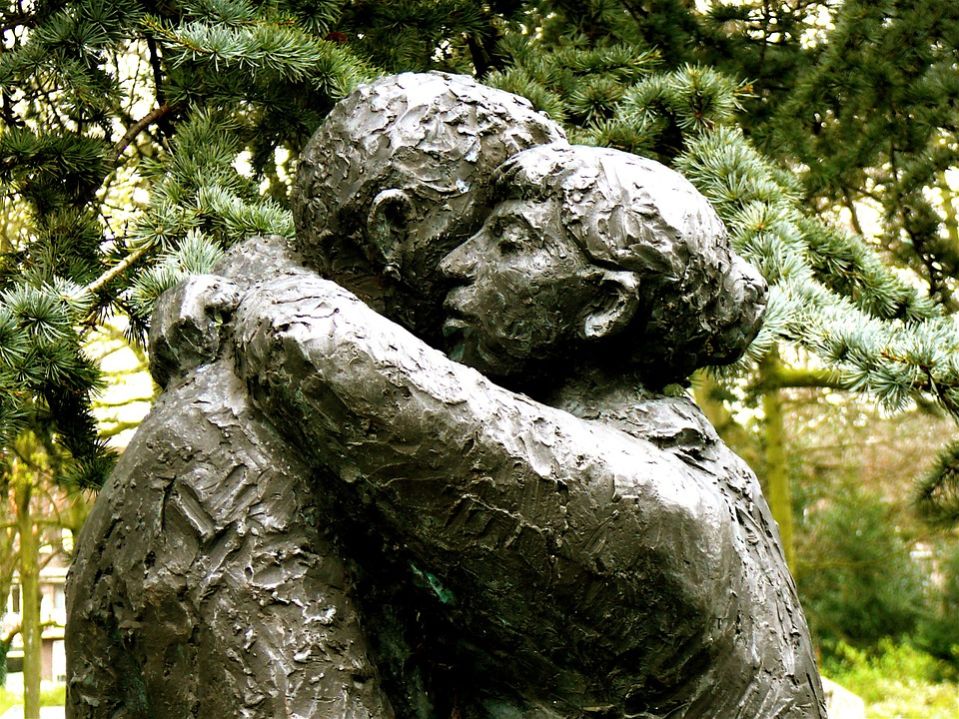The Politics of Apology: Zimbabwe After the 2018 Elections
Date:10 September 2018Author:Joram Tarusarira
Dr Joram Tarusarira, Director of the Centre for Religion, Conflict and Globalisation and Assistant Professor of Religion, Conflict and Peacebuilding, reflects on politics in Zimbabwe after the 2018 elections, cautioning against simplistic calls for apologies and forgiveness.
Do Muslims in the Netherlands Fail to Secularise? Reflecting on the SCP Report from an Indian Perspective
Date:25 June 2018Author:Fernande Pool
Does piety threaten secularism? In this post, Fernande Pool examines the recent Netherlands Institute for Social Research (SCP) report on Islam in the Netherlands, challenging the implicit bias contained within its use of ‘religion’ and ‘secularity’.
Is the French State Really ‘Secular’? Some Reflections on Municipal Laïcité
Date:18 June 2018Author:Dr. Julia Martínez-Ariño
How is laïcité – official state secularism – practiced in contemporary France? In this post, the Centre for Religion, Conflict and Globalisation’s Dr. Julia Martínez-Ariño discusses recent research in the cities of Rennes, Bordeaux and Toulouse to suggest that laïcité takes many forms in French municipalities – including the recognition and support of ‘religious’ actors and institutions.
Abortion in Northern Ireland – A ‘Religious’ Problem?
Date:01 June 2018Author:Januschka Schmidt
Is membership of a ‘religious’ community a good predictor of one’s views on abortion? In light of last week’s referendum on abortion in the Republic of Ireland, Januschka Schmidt reflects on the situation north of the border, where official church teaching and local attitudes appear increasingly out of step.
No More “Harmful Traditional Practices”! Gender Activism and Faith Leaders in International Development
Date:02 May 2018Author:Religion Factor
Researchers from the University of Groningen and the University of Stellenbosch recently concluded a one-year study on the role of faith leaders in challenging gender-based violence and gender inequality. The study, “Working effectively with faith leaders to challenge harmful traditional practices,” explores faith leaders’ roles in challenging gender-based violence and made recommendations for how the faith dimensions in development work can be taken seriously (rather than merely instrumentalised).
Circumscribing the Body Politic: Circumcision, Religious Freedom and Identity in Europe
Date:29 March 2018Author:Méadhbh McIvor
In February 2018, Icelandic Member of Parliament Silja Dögg Gunnarsdóttir made international news by proposing a bill that would criminalise the circumcision of male children for non-medical reasons. The bill, which is supported by the ruling Progressive Party and Left-Green coalition, has sparked heated debates within Iceland (and beyond): while its supporters argue that circumcision is akin to child abuse, and ought, therefore, to be subject to the penalties of criminal law, its opponents point to the particular burden the law would place on Jewish and Muslim families seeking to parent within their respective religious traditions.
The Power to Call for ‘Inclusion Riders’: Violence and Innocence in Gender Activism
Date:08 March 2018Author:Dr Brenda Bartelink
In a post to mark International Women’s Day, Dr Brenda Bartelink problematizes the selective language of ‘harmful cultural practices’, challenging the development sector to confront its ongoing colonial biases as it seeks to improve the lives of women and girls.
Saints of the Shaking Earth
Date:10 January 2018Author:Dr. Alanna Cant
We start the new year with a post by Dr Alanna Cant. Drawing on recent fieldwork in Oaxaca, Mexico, Cant explores church-state relations through the lens of church restoration, religious ‘heritage’, and popular devotion to the saints.
The Lived Religion Project
Date:18 December 2017Author:Drs Fernande Pool and Timothy Stacey
Drs Fernande Pool and Timothy Stacey (see bio’s at end of this post) have recently launched the Lived Religion Project (http://livedreligionproject.com/), a story project focusing on the ‘religious’ lives of ordinary people.
Why Justice Requires More than a Verdict: Religion and Reconciliation in Bosnia and Herzegovina
Date:15 December 2017Author:Sanne Hupkes
In today’s post, Sanne Hupkes reflects on the International Criminal Tribunal for the former Yugoslavia's (ICTY) trial of Ratko Mladic. Sanne is a PhD student whose research focuses on the role of (power-sharing) democracy in peace operations. She is concerned with the place of (religious) collective identities within democracy in post-conflict societies. Bosnia-Herzegovina is one of the sites of her research.






